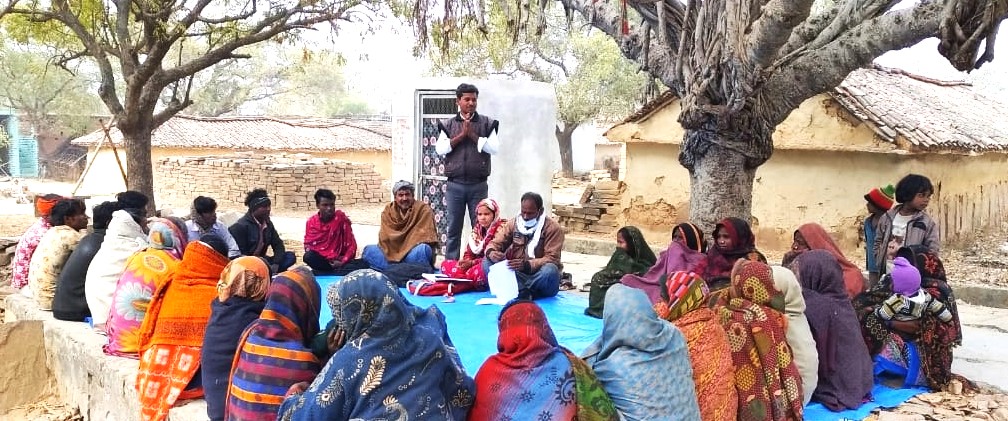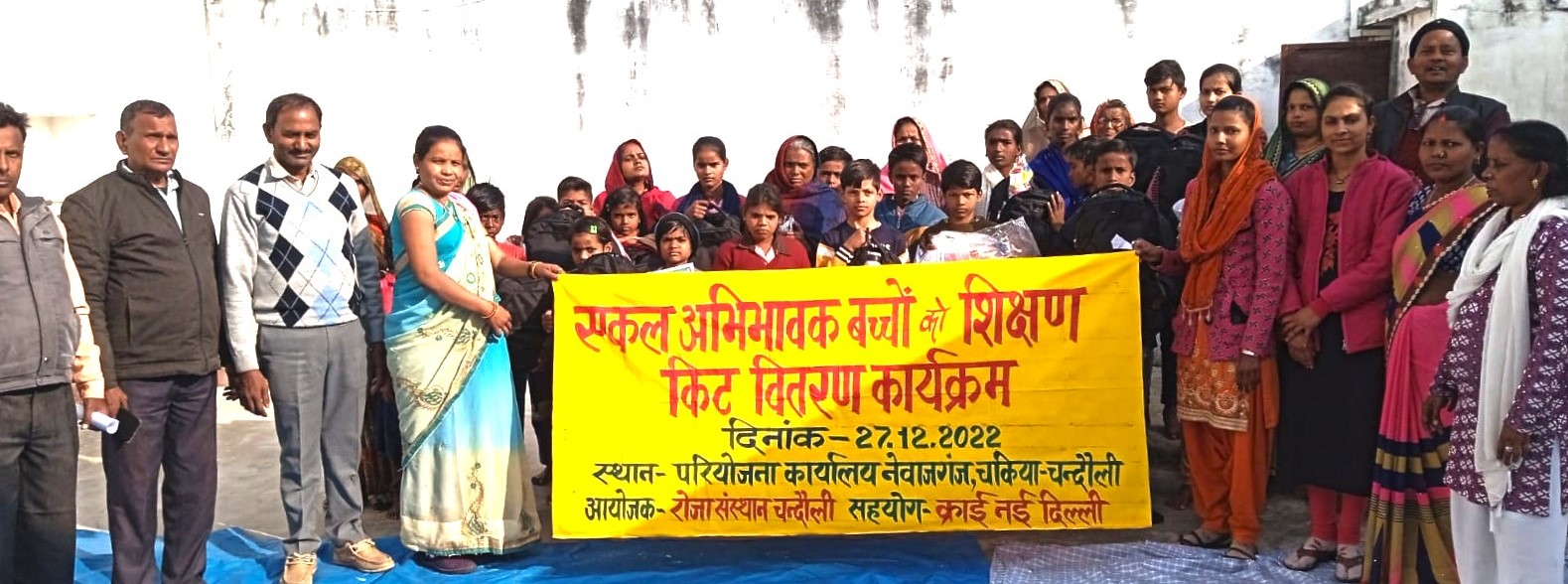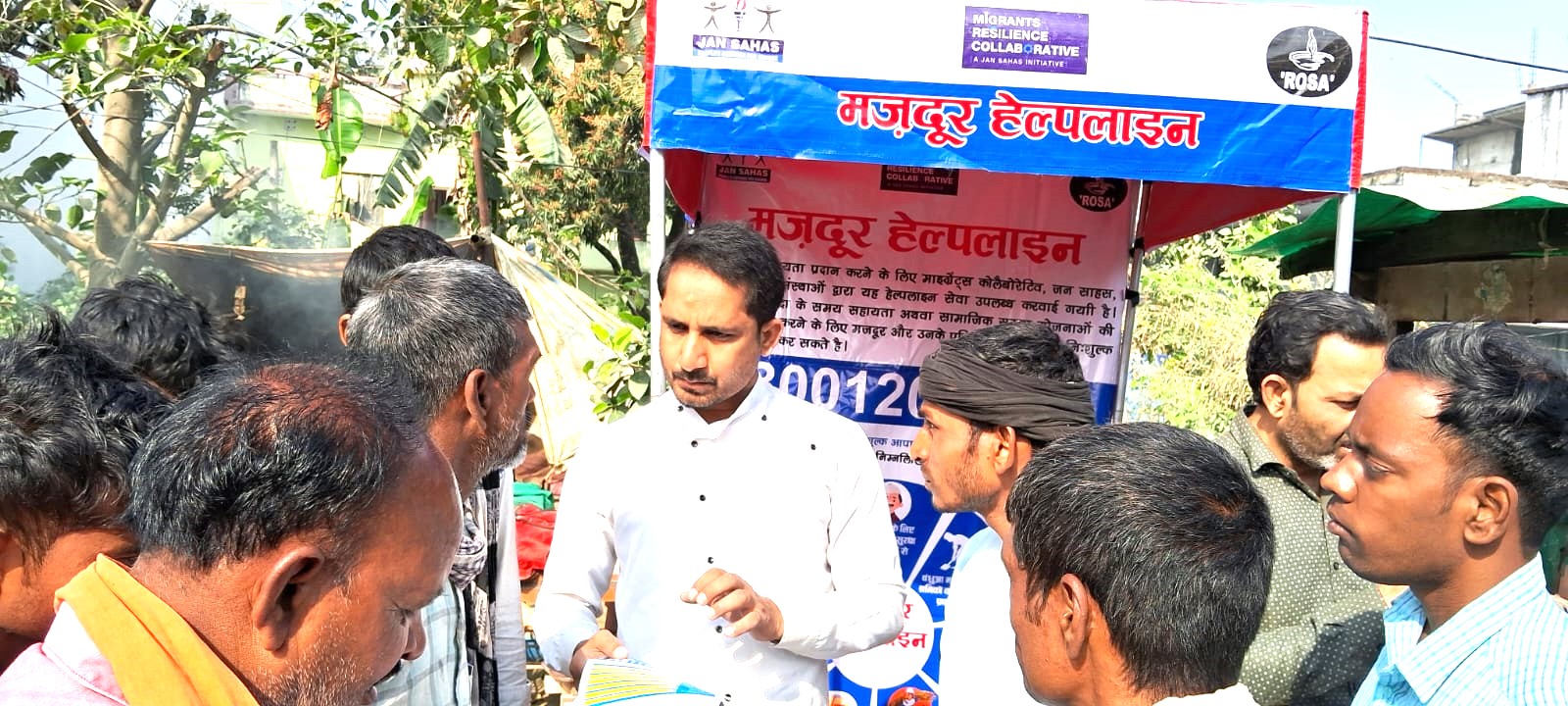









Rural organization for Social Advancement “ROSA’- Varanasi
WHISTLE-BLOWING POLICY
“A whistleblower is anyone who has and reports insider knowledge of illegal activities occurring in an organization. Whistleblowers can be employees, suppliers, contractors, clients, or any individual who becomes aware of illegal business activities. Whistleblowers are protected from retaliation under various programs created by the Occupational Safety and Health Administration (OSHA), Sarbanes Oxley Act, and the Securities and Exchange Commission (SEC). The protection of federal employees is under the Whistleblower Protection Act of 1989”.
1. Introduction
1.1 ROSA Santhan is a social organization working for upliftment of most deprived, neglected and marginalized people. The organization is committed to fighting poverty
through its programmed principles. These principles and aims are delivered through
integrity, this means being honest and transparent in what we do and say, and accepting responsibility for our individual and collective actions. It is expected that those working for, and representing ROSA shall act with integrity.
1.2 In order for stakeholders of ROSA to have confidence in our honesty and integrity, this policy aims to provide a supportive process that encourages and enables employees or workers to raise concerns about misconduct within ROSA without repercussion and will give them confidence that their concerns will be properly investigated and resolved in a timely manner.
2. Legal and Policy Impact
2.1 This policy considers the following legislation:
• Human Rights Act (1998)
• Public Interest Disclosure Act (1998)
• Employment Rights Act (1996) sections 44 and 100
2.2 Where an employee has a concern about their terms and conditions of work, their
working relationship with ROSA, or how a concern they raised was addressed, they are encouraged to use grievance procedure.
2.3 In the event that an employee feels they are being bullied or harassed in the workplace for either blowing the whistle, or for any other reason they are encouraged to refer to the Bullying and Harassment Policy.
2.4. All workers are expected to operate within these and where there is reasonable
evidence that these are not being followed it will be addressed by the line manager.
2.5 Similarly if an employee is found to have raised a complaint or a false allegation for malicious reasons, the employee will be disciplined, which may result in their dismissal.
3.Scope of the policy
4 ROSA policy on Whistle-blowing
4.1 ROSA’s policy on whistle-blowing has the following objectives:
• To provide direction to all ROSA workers on what is unacceptable practice within
ROSA, and to provide a safe and secure environment to blow the whistle on unacceptable practice.
• To protect workers who raise a concern in good faith and who have a reasonable
suspicion that the alleged malpractice has occurred, is occurring, or is likely to occur.
• To provide reassurance to those workers who raise concerns in good faith and with
reasonable suspicion that they will not experience any repercussions for doing so.
4.2 This policy aims to make workers aware of their rights and responsibilities with regard to up-holding the values and standards of practice at ROSA and how to raise concerns when these standards of practice are not up-held.
4.3 Whilst this is not an exhaustive list, malpractice would include the following:
• A criminal offence, including theft, fraud or corruption.
• A failure to comply with a legal obligation, (including but not limited to those under
the Charity Commission or financial regulations
• Accepting gifts which are intended to influence decision making.
• The endangering of an individual’s health and safety, and well-being: this would
include towards staff member, worker or visitor to ROSA.
• Damage to the environment or conduct which conflicts with ROSA’s
interests.
• Deliberate disregard or serious breach of ROSA principles and values, including
bullying and harassment, and discrimination.
• Deliberate concealment of information to any of the above.
The behavior that gives rise to the concern does not have to take place in the ROSA.
5. Responsibilities
5.1 The Chief Functionary is accountable for ensuring the effective implementation of this policy throughout ROSA and representing ROSA’s interests/concerns in the event of publicity or litigation resulting from a whistle-blowing allegation.
5.2 Line managers (anyone with a direct report) are responsible for ensuring that the principles of this policy are communicated and understood throughout their teams. They are also responsible for putting the policy into practice.
These responsibilities include:
Ensuring that all concerns raised by workers are taken seriously where appropriate.
• Ensuring that concerns are investigated properly, objectively and in a timely manner.
• Ensuring that the worker is kept informed of progress.
• Ensuring that action is taken to resolve the concern.
5.3 The HR Department is responsible for providing coaching, advice and guidance to line managers on the implementation and use of the policy.
6. How to raise a concern
6.1 In the event that they suspect malpractice workers at ROSA have a responsibility to inform someone who is able to do something about the problem. They must provide details about the malpractice immediately they become aware. All attempts should be made to raise the concern internally in the first instance. Please see the attached worker guidance on raising a concern.
APPENDIX -A
Worker Guidance on whistle-blowing
1. Determining whether to us the Whistle-blowing Policy
1.1 This quick question section may help you to determine whether you should use the whistle blowing procedure.
1.2 Does the malpractice fall under one of the following?
• A criminal offence, including theft, fraud or corruption.
• A failure to comply with a legal obligation, namely those under the Charity Commission or financial regulations.
• A miscarriage of justice.
• The endangering of an individual’s health and safety, and well-being: this would
include towards staff member, worker or visitor to ROSA.
• Damage to the environment or conduct, which conflicts with ROSA’s
interests.
• Deliberate disregard or serious breach of ROSA principles and values, including
bullying and harassment, and discrimination.
• Deliberate concealment of information to any of the above.
1.3 Do you have genuine reason to believe that malpractice occurred either in the past, recently, or is likely to occur in the near future?
1.4 What details do you have? Check that the details are not judgements or assumptions, but based on fact.
1.5 Do you feel vulnerable or at risk?
2. Letting someone know
2.1 As soon as you become aware of, or have good reason to believe that, malpractice either has occurred, is occurring or likely to occur by an employee, volunteer or contractor within ROSA raise your concern with an appropriate member of staff within ROSA. In the first instance, this would normally be your immediate line manager. You can make a report either orally or in writing.
2.2 If the malpractice concerns your line manager, then raise your concern with their line manager.
2.3 If you believe the malpractice is within your line management structure then raise your concern with the HR person (Department), who will consider in discussion with the Chief Executive how it will be investigated.
3. Providing details about your concern
3.1 As soon as you become aware of or suspect malpractice, you have a duty to inform an appropriate person of your concern. If it is later found that you were aware of malpractice and had withheld information, this may have serious consequences for you.
3.2 When reporting your concern, you will be required to give your name, your position, and details about the concern, including any evidence that you have to support the concern.
4. Your position
4.1 If you want to raise the matter in confidence please make this clear when you make the report so that the appropriate arrangements can be made. Alternatively, you may make a report anonymously but please note that it is much harder (and sometimes impossible) to investigate suspicions without having direct access to the individual who raised the concern. It is best to declare your identity if possible.
4.2 If you genuinely believe that malpractice has occurred, is occurring or likely to occur ROSAwill ensure that you do not suffer any disadvantage in the workplace as a consequence of raising your concern.
4.3 If you raise a concern which is later found that you knew to be false and / or raise a concern out of malice, then disciplinary action will be taken and may result in your
dismissal. For those who the disciplinary process does not apply (for example
contractors/consultants), steps will be taken to terminate the relationship with ROSA
5. Next steps
5.1 The concern will be investigated by the person to whom it is raised. All workers called upon to assist the investigation will have a duty to co-operate and may request that their concerns are treated in confidence: again, such wishes will be respected.
5.2 The investigating manager will provide regular information to the worker who raised the concern on the progress of the investigation up until an outcome has been reached. Please note that this does not necessarily mean that the outcome of the investigation will be divulged to the worker, especially when relating the privacy of another individual.
5.3 The investigating manager will forward all original investigation material to the HR
Department for further action as appropriate and/or storage.
5.4 The investigating manager will monitor and ensure that appropriate steps are taken to address the cause for concern.
ROSA will respect and regard any legitimate concerns about your own safety or career, and will seek not to disclose your identity without your express consent. Any attempt to victimize an employee for having raised a concern about malpractice, or to deter anyone from raising such a concern, is a serious disciplinary offence.
APPENDIX B
Whistle-blowing process flow chart

ROSA Sansthan, Varanasi